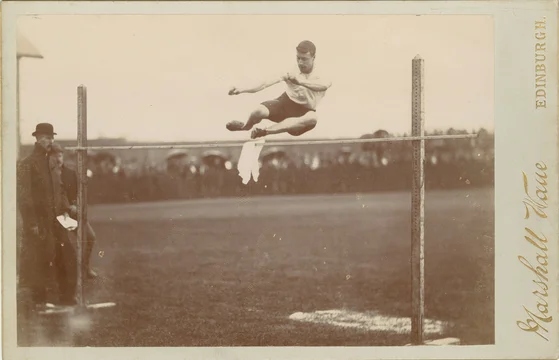
In the District of Delaware, Daubert motions (i.e., motions to exclude expert testimony under FRE 702) are normally due at the same time as case dispositive motions, and often share a page limit.
This makes a lot of sense, since Daubert motions are often more or less dispositive of central substantive issues in the case. Sometimes, if the party cannot present expert testimony on a particular substantive issue, they essentially just lose (although for other things, not so much).
Often, parties will present their primary Daubert issues at the deadline, only to realize later on that there are other lingering issues that fit the Rule 702 case law. They may be tempted to file a motion in limine to deal with those lingering issues.
That doesn't usually work. The Court will most likely deny the MIL as a late Daubert motion, in an order like the below from Judge Burke last week:
ORAL ORDER: The Court, having reviewed Aurobindo’s motion in limine . . . hereby ORDERS that the Motion is DENIED . . . . In part, that is because the Motion is a stealth Daubert motion that was improperly filed as a motion in limine—something the Court would never permit. (See generally id., Opening Brief (citing Fed. R. Evid. 702, citing caselaw addressing Daubert motions, and discussing Plaintiffs’ experts’ alleged lack of qualifications to address the issues in question)) And in part, it is because Aurobindo hid the ball from Plaintiffs. After failing to specify in its opening brief which portions of Plaintiffs’ experts’ opinions it really meant to put at issue, other than by referring to them as “opinions regarding the HEK Assay[,]” . . . , Aurobindo then listed what appears to be approximately 100 or more paragraphs of the experts’ reports in its reply brief (i.e., at a point when Plaintiffs could no longer respond), . . . . If Aurobindo thinks that the experts’ testimony relating to HEK assays is shaky, it can demonstrate that via vigorous cross-examination at trial.
Amicus Therapeutics US, LLC et al v. Teva Pharmaceuticals USA, Inc., C.A. No. 22-1461-CJB, D.I. 250 (D. Del. Sept. 18, 2025).
Federal Rule of Evidence 702 case law sometimes comes up in other contexts as well, such as a motion under FRE 703 to exclude otherwise inadmissible evidence relied on by an expert. Generally, I would say it's safest stay away from all FRE 702 and Daubert cases at the MIL stage if possible, to avoid an argument that your motion is waived because you should have made it at the Daubert stage.
If you enjoyed this post, consider subscribing to receive free e-mail updates about new posts.



